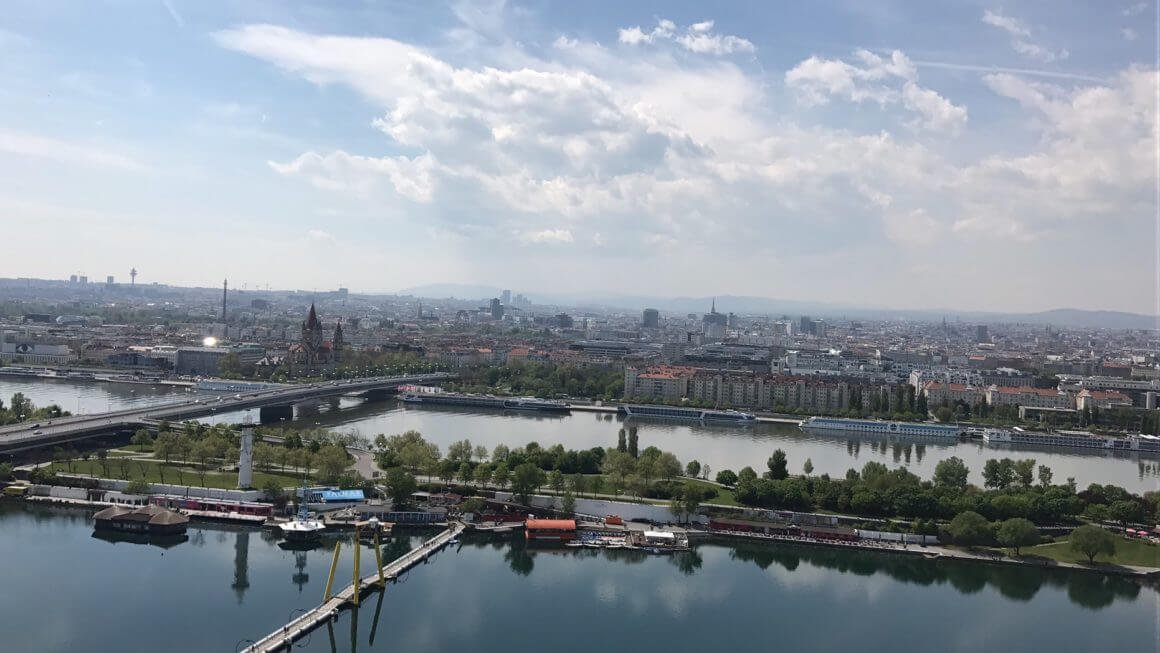Background
The threat landscape has evolved—and is continuing to evolve—at an almost unimaginable pace. Cyber terrorism (perpetrated by both States and individuals) has become an enormous threat to businesses, industries and governments around the world. Political upheavals in several regions of the world (greatly assisted by the development of smart phones, internet and social media technology) have led to the rapid rise of terrorist groups using more and more sophisticated tools and weapons. Although difficult to predict on a long-term basis, the frequency and magnitude of attacks perpetrated by malicious individuals, including lone wolves and insiders from across the political spectrum, is unlikely to decline in the near- and medium-term future.
Nuclear operators and other nuclear security stakeholders are already investing significant resources to cope with these continuously evolving threats. Some high-risk facilities are deploying sophisticated modelling and simulation programmes, advanced biometrics, stress analysis technology, robotic guards, remotely operated weapons systems and/or automated mobile detection systems. One of the most important tools is data analytics, which enables the analysis of huge amounts of data in near real-time.
Considering the considerable time and expense involved, it is important to ask: "Do we fully understand our security expenditure and is it focused on the right things?"
It is clear that rapid changes are going to continue taking place--not only in the threat landscape, but also in the nuclear industry. In the years to come, nuclear reactors will change, including the deployment of small modular reactors, and the threats—many of which have not even been anticipated yet—will evolve. It is crucial that those with responsibility for nuclear materials understand the nature of such change and put strategies and structures in place to mitigate it.
Objectives
The purpose of this workshop was to discuss technological changes that might take place in the coming decades and how nuclear organisations and other nuclear security stakeholders can strategically anticipate and prepare to meet them. Set against the societal backdrop of human rights and corporate governance, this workshop asked:
- To what extent is it reasonable or necessary for the nuclear sector to deploy advanced security technologies, such as simulation and modelling, remotely operated weapons systems, robotic guards, advanced biometrics, stress analysis technology and data analytics? When should new technologies be implemented?
- What impact will the miniaturisation of technology and 3D printing have on both the potential threats and defence of nuclear facilities?
- Do we fully understand our security expenditure and is it focused on the right things? Is the current cost of manned guarding (which is 10% to 15% of annual operating costs for a nuclear power plant) preventing proper investment and the development of an effective and balanced security programme? How return on investment be demonstrated when investing in a new technology?
- Can technology completely replace human beings in the future? What is the role of artificial intelligence?
- How can organisations make better use of data analytics/big data to manage the security of the nuclear materials in their facilities and during transport?
- Can data analytics help organisations better identify insider threats and move their security posture from one characterised by hindsight to one characterised by insight?
Process
Based on the workshop's findings, WINS will produce a Special Report on Advanced Security Technologies to complement its existing publications on Tracking Technologies, Big Data and Modelling & Simulation.
Suggested Readings
